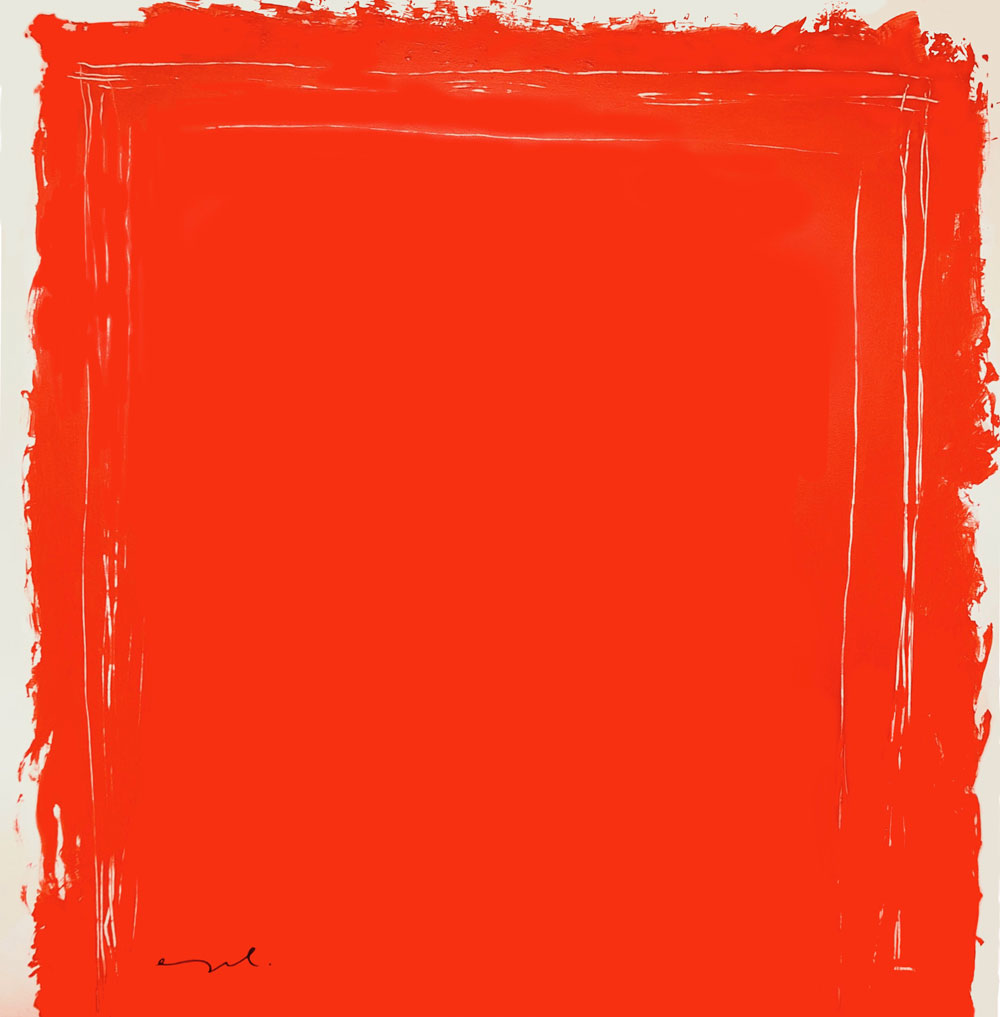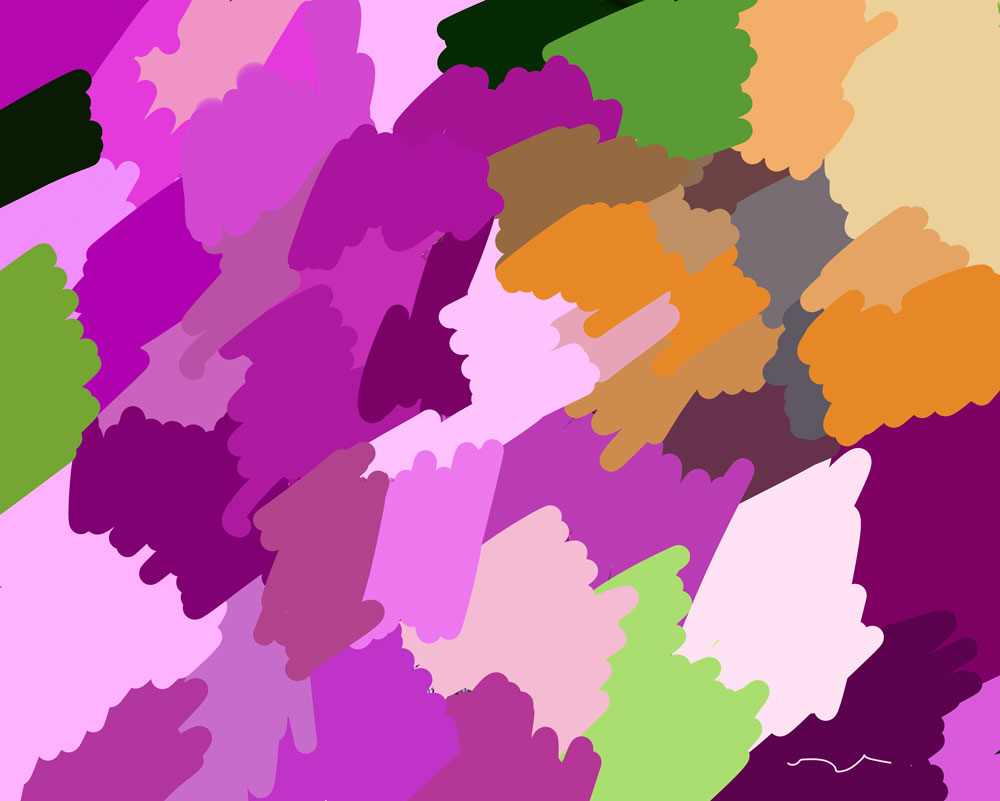Almost a year ago to the day, I wrote a short text to introduce myself on Facebook with a Cartesian catchphrase saying I PAINT SO I AM.
Today, I am happy to replace the wording with: I PAINT I AM.
I do not deny what I have written, but I notice that I have changed by no longer being Norbert who decides to paint to exist.
There is Norbert who is painting, in other awords: for Norbert, to paint, to exist, even to be.
There is not a subject who paints an object, or an inside person who would paint an outside but a being who exists by experiencing creation.
I owe this phenomenological understanding to Martin Heidegger.
Not to look at a landscape, for example, but to see it.
The difference is that when you see a landscape, you are in it at the same time.
Painting is not painting something external to oneself: an object or an idea to which one wants to give shape and colour.
In creating, there is no exterior and interior: being is one.
We are not in the here and now, we are the here and now, what Heidegger calls the Dasein.
Duality is a creation of the mind, reality is a unique whole.
What difference does it make?
When we experience this change, we feel more responsible for what we paint because we are both the painter and the work.
Here, for example, I made you a cup of Yunnan d’Or tea. A real delight!
It is not an external object that I painted, but at the same time the expression of my passion for this tea, the desire to communicate this passion and the desire to share something with you.
I don’t know why tea today, nor the choice of colors, the tea stains next to the cup…
It doesn’t matter if the painting is abstract, concrete or figurative.
What I do know is that this tea is a pleasure for both taste buds and eyes. It has a slight cocoa flavour and a brown colour of rare intensity.
The truth of my being today is simply a desire to share this emotion in this breakthrough, this openness, this creation.
.



